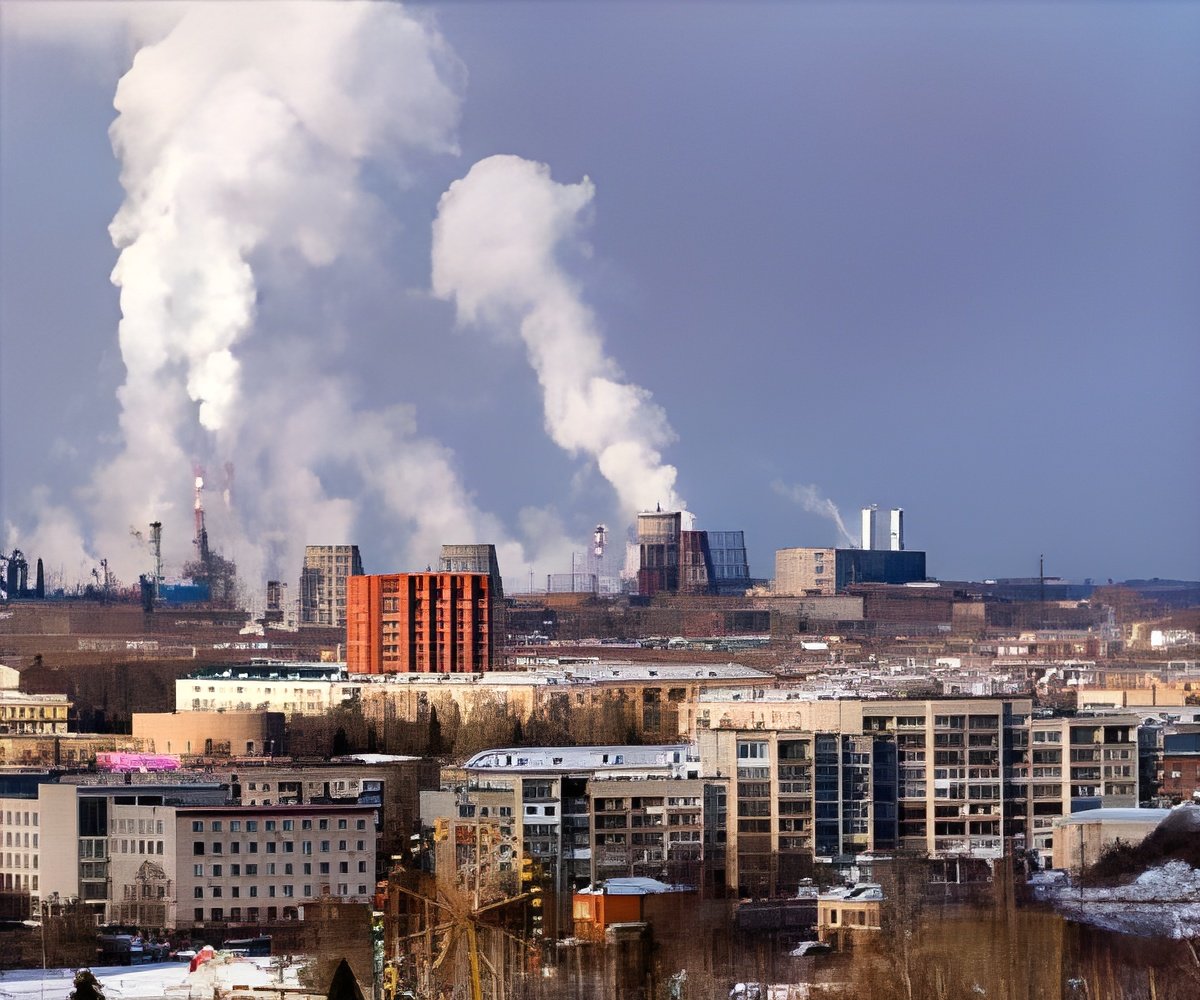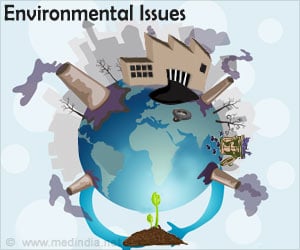China's government has implemented a series of strict measures to tackle the severe air pollution problem. The large reduction in PM2.5 concentration indicates that those measures are quite effective.

TOP INSIGHT
The presence of chemicals in the air causes air pollution, which can cause dangerous medical conditions in humans. China's government should therefore focus on continuous PM2.5 abatements across the country to improve public welfare.
Lead author Yixuan Zheng said: "Exposure to PM2.5 can cause adverse health effects including cardiovascular and respiratory morbidity and mortality, and outdoor PM2.5 exposure contributed to approximately 1.22 million deaths in China in 2013.
"The Chinese government has made well-publicised moves to improve air quality and reduce pollution across the whole country, through its Air Pollution Prevention and Control Action Plan (the action plan). Our study marks the first estimates of the impact of this stringent action plan on pollution levels and mortality rates from 2013 to 2015."
The research confirms the effectiveness of China's clean air action. The results show that the action plan led to a 21 percent reduction of population-weighted mean PM2.5 concentration in just two years.
Mr. Zheng said: "China's government has implemented a series of strict measures to tackle the severe air pollution problem, including promoting end-of-pipe control measures, limiting coal use in small combustion devices, retiring old vehicles, and many others. The large reduction in PM2.5 concentration indicates that those measures are quite effective."
Mr Zheng said: "The smaller health benefits compared to reduction in PM2.5 concentration is due to the non-linear relationship between pollution and mortality in current exposure-response functions. PM2.5 concentrations in polluted Chinese provinces are still at the high concentration end, where marginal mortality reductions are relatively small. Therefore, to improve air quality and achieve larger public health benefits in these regions, the government must continue to enforce clean air actions so that public health improves further, and more stringent actions are on the way.
Senior author Professor Qiang Zhang said: "China is now putting tremendous efforts into mitigating PM2.5 levels in several heavily polluted provinces, such as Beijing, Tianjin, and Hebei (BTH region). With the strict control measures, it is most likely China can achieve its goal set in the action plan, i.e., reducing PM2.5 concentration by 25 percent in the BTH region during 2013-2017. However, continuous efforts should be placed in the future because PM2.5 concentration in BTH is still well above the standard.
"Our study suggests the mortality burdens induced by air pollution are severe in China, indicating that substantial public health benefits can be achieved through further nationwide air quality improvements. China's government should therefore focus on continuous PM2.5 abatements across the country to improve public welfare."
Source-Eurekalert
 MEDINDIA
MEDINDIA



 Email
Email






